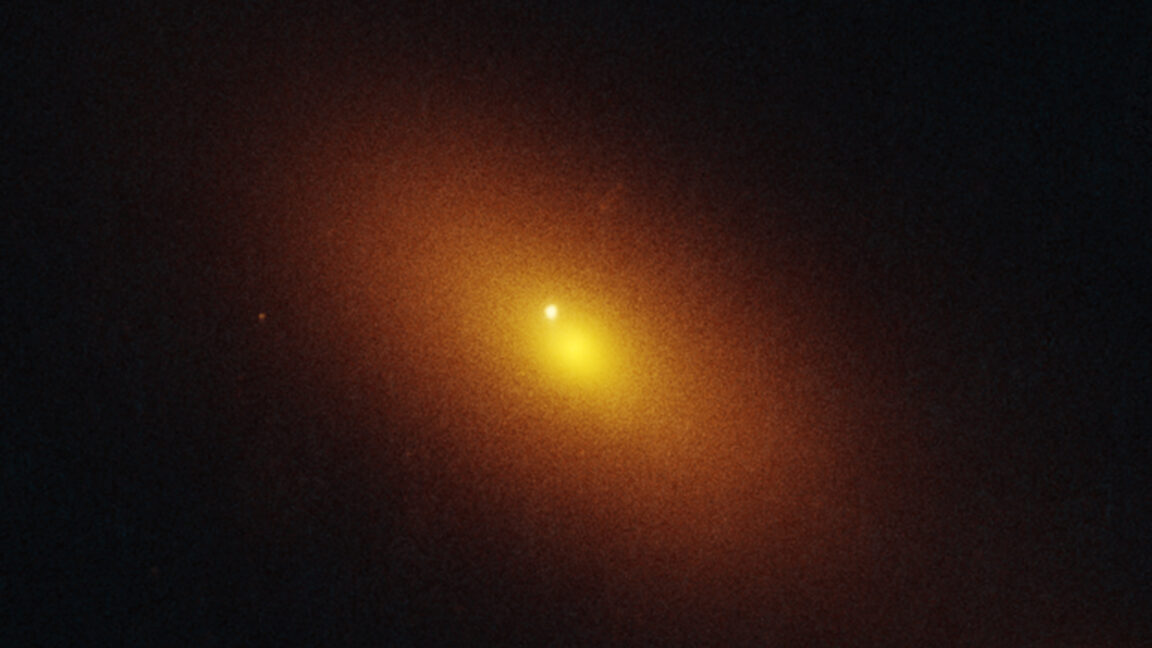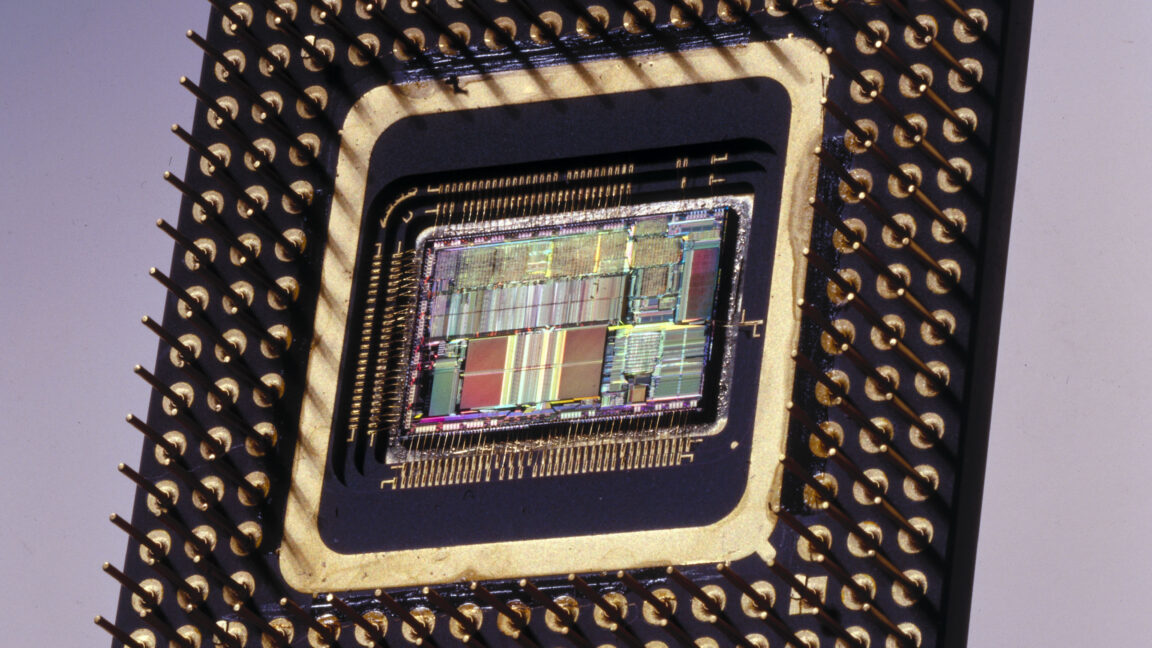
DZYNE Technologies, an innovator in autonomous defense solutions, announced the delivery of multiple Grasshopper expendable aerial cargo glider vehicles to the U.S.
Air Force.
This delivery is part of a broader ongoing program to enhance contested logistics capabilities.Designed for precision aerial logistics, Grasshopper offers a cost-effective, autonomous solution for delivering payloads in high-risk environments while minimizing operational risks for manned aircraft.
Developed in response to a warfighter request for standoff cargo delivery, Grasshopper was created in collaboration with the U.S.
Air Force to provide a low-cost logistics solution capable of reaching areas inaccessible to traditional aircraft.The delivery of Grasshopper is a testament to the success of our collaboration with the Air Force in developing an autonomous resupply solution that meets the demands of contested environments, said Matthew McCue CEO of DZYNE Technologies.
By working closely, we were able to design and refine the Grasshopper product line into a cost-effective, high-performance aerial logistics platform.
This milestone underscores the impact of this partnership, and the critical role Grasshopper will play not only in contested logistics but also in humanitarian aid and disaster relief operations, where rapid, precise, and unmanned delivery of critical supplies can save lives.The Grasshopper has transitioned from a research effort to a fielded capability in under 12 months due to close cooperation between the Air Force, DZYNE Technologies, and its users.
This latest delivery is part of a broader initiative to modernize aerial resupply capabilities in contested environments.Grasshopper represents a transformative leap in autonomous resupply, added Dr.
Thomas Howell, Portfolio Lead at the Air Force Research Laboratory.
Its ability to deliver critical payloads from standoff distances while keeping our aircraft and crews out of harms way is a major advantage in modern operational environments.Expected Operational ValueDelivering cargo from beyond enemy threat ranges into denied environmentsSupports humanitarian relief and logistics resupply missionsDeployable from a variety of platformsScalable for Growing DemandBuilding on the success of the short- to mid-range Grasshopper, DZYNE Technologies is actively developing a longer-range variant, expected to be available in early 2026, to further enhance autonomous logistics capabilities in contested environments.To accommodate rising demand for the Grasshopper product line and DZYNE Technologies UAS division featuring flagship products ULTRA and LEAPthe company expanded its manufacturing footprint in late 2023.
The new 125,000-square-foot facility in Irvine, California, is now ramping up Grasshopper production to fulfill current and future orders as part of the broader program.Grasshopper by DZYNE initiates landing to target with opened parachuteAn AFRL spokesperson told Air & Space Forces Magazine that several dozen units have been delivered.Grasshopper can carry up to 500 pounds of supplies and be launched from cargo aircraft like the C-17 and C-130 using rear ramp airdrops.
It can reach speeds of 109 miles per hour and glide tens of miles based on drop altitude, the spokesperson said.The glider is also autonomous and capable of navigating in GPS-denied environments, allowing it to pilot itself and land with a built-in parachute.DZYNE said it uses low-cost manufacturing techniques for the Grasshopper, keeping production costs around $40,000 per vehicle.Sources: DZYNE; Air & Space Forces Magazine

 10
10

















